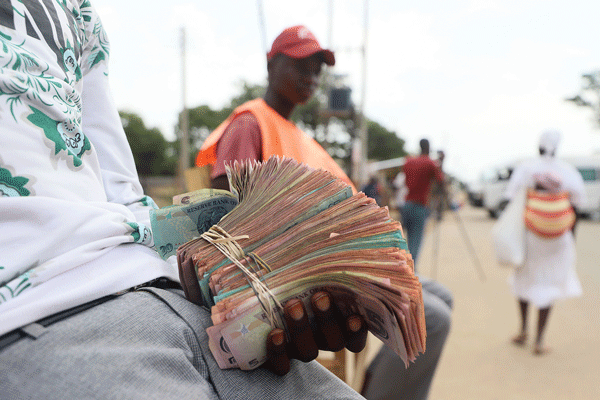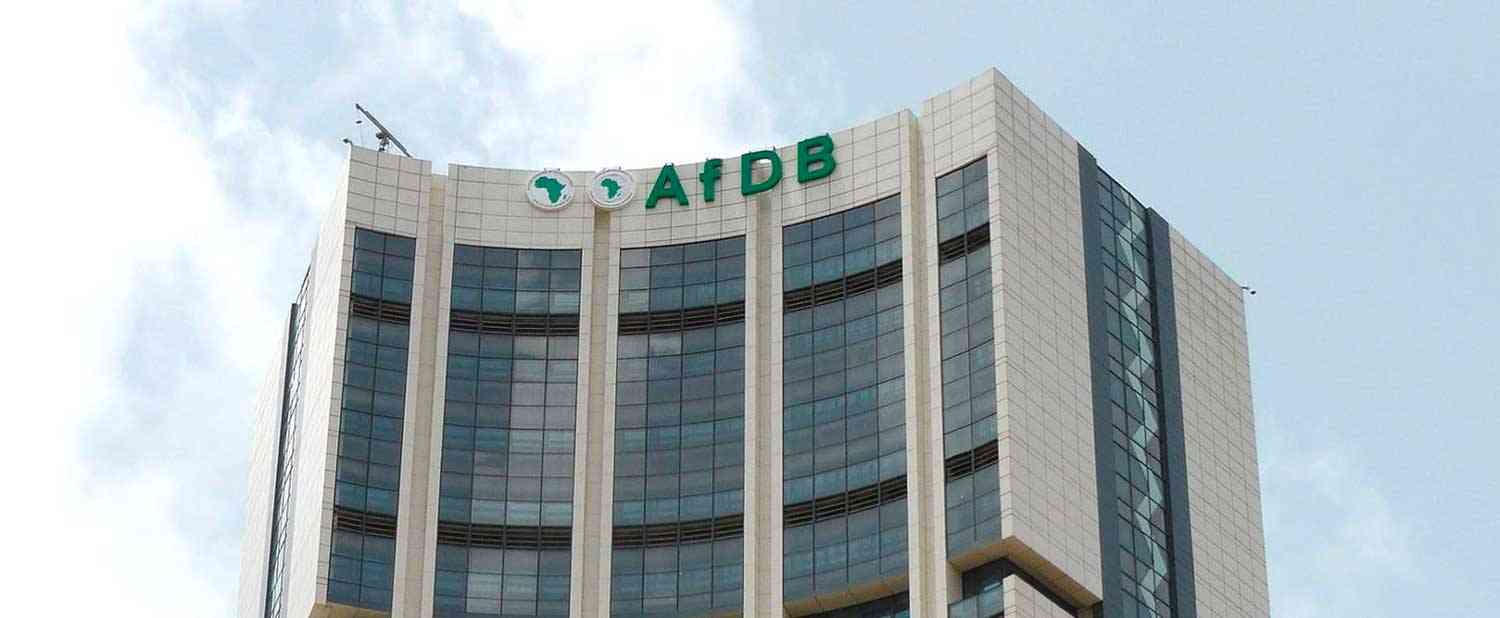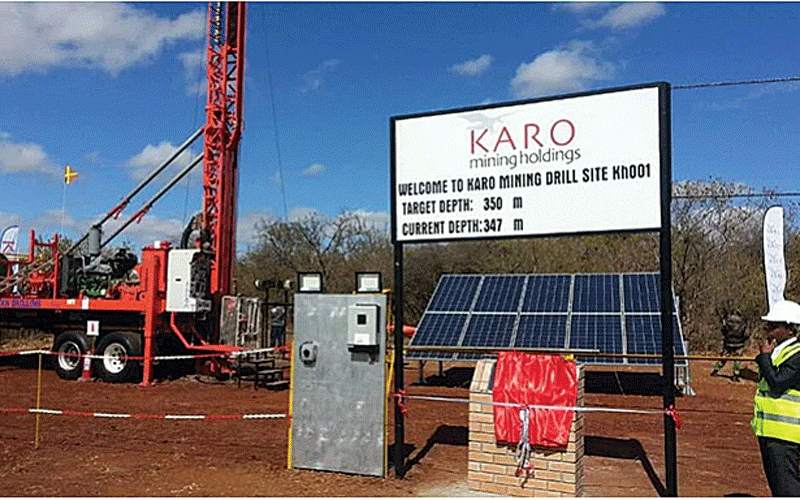
BY KUDZAI KUWAZA AND TATIRA ZWINOIRA BUSINESS has expressed alarm over the free- falling Zimbabwe dollar, warning that the foreign currency crisis could plunge the economy into a deeper crisis.
The gap has been widening between the official exchange rate, which is at pegged at $87 to US$1 on the Reserve Bank of Zimbabwe foreign currency exchange auction market, and the parallel market where US$1 fetches more than $170.
This has led to inflationary pressures and erosion of incomes.
Year on year Inflation shot up in September to 51,55% from 50,24% in August after several months of falling.
Former Employers’ Confederation of Zimbabwe (Emcoz) president Israel Murefu said there was a need to find a solution to the exchange rate conundrum to avert a national crisis.
“The exchange rate especially on the alternative market and the gap between it and the official auction rate has been our major Achilles heel because it appears there is no solution in sight to contain or narrow it,” Murefu said.
“The alternative market rate seems to be falling unabated and the effect and impact of it on prices is inflationary.
“It has caused prices to shoot through the roof and price increases tend to affect everyone in the whole economic spectrum because everyone buys from the same market.”
- Chamisa under fire over US$120K donation
- Mavhunga puts DeMbare into Chibuku quarterfinals
- Pension funds bet on Cabora Bassa oilfields
- Councils defy govt fire tender directive
Keep Reading
He added: “When the local dollar loses its purchasing power, it affects its attractiveness as no one will want to keep this currency or hold it as a store of value.
“A solution around the different exchange rates is needed sooner rather than later to avoid a relapse into hyperinflation.”
Murefu said Inflation increased the cost of doing business in Zimbabwe and made planning and budgeting difficult.
“Everyone must play their part in ensuring that our currency maintains the value that is still remaining in it because no one wants the situation that prevailed in 2008 to return,” he warned.
Confederation of Zimbabwe deputy president Mucha Mkanganwi also expressed concern over the widening gap between the official exchange rate and parallel market rates.
“The delays on the auction and the difference between the auction rate and the parallel rate are worrying,” he said.
“The gap penalises exporters as many of their costs end up following the parallel market rate and their revenues are at the bank rate for the retentions.
“The fundamentals show growing exports and diaspora remittances are increasing.
“We have received (nearly) US$1 billion in special drawing rights (SDRs) from the International Monetary Fund and a bumper agricultural season all at a time when money supply has not grown anywhere near the levels of the old.
“This conundrum is the one that requires attention, and it points to a need for better insight and engagement by all economic players to solve.
“We have also seen that there is insufficient Zimbabwe dollars in the market for economic actors as banks are unable to meet the demand for lending.”
Mkanganwi called for a strengthening of the auction system to reflect a process and price that clears the market in a manner all parties are satisfied with and continued attention on a tight monetary policy.










